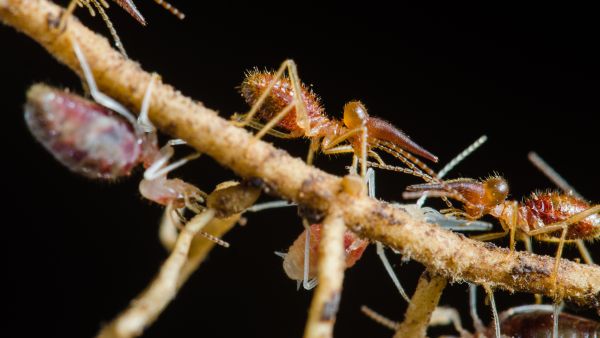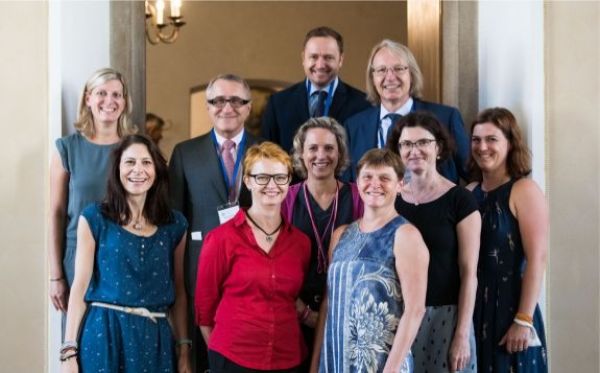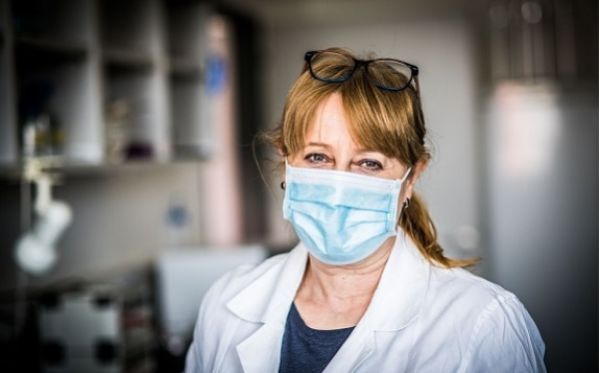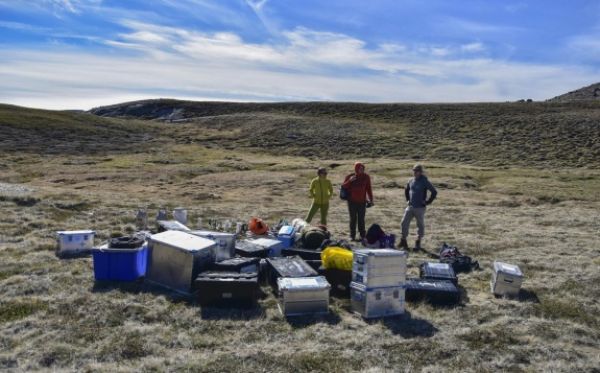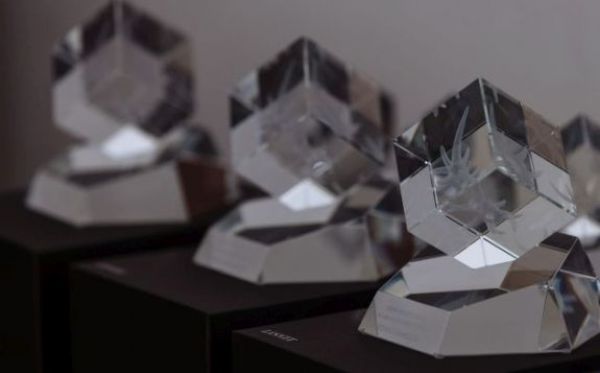Displaying items by tag: Science
There are more than 3‚000 species of termites, and their combined mass is greater than the combined mass of all human beings on the planet. They’re best known as pests that can gnaw through your house, but only in recent years has more research been done into their significance for the ecosystem.
Černý: Vědce Fabiana do každé rodiny, vlastně labu
„Charakterizují ho dredy a zápal pro evoluční a vývojovou biologii. Je velmi inteligentní a má hodně načteno – umí si spojit různé věci a do týmu vybrat ty nejlepší lidi,” říká o Robertu Černému jeho kolega Peter Fabian. Společně stojí za článkem o studiu adenohypofýzy v časopise Science.
Objev Petera Fabiana možná jednou přepíše učebnice
„Pro takové objevy musíte mít jednak štěstí, a hlavně musíte být připravený a schopný je vidět. A já jsem byl,“ říká Peter Fabian z University of Southern California. Je prvoautorem vědecké studie, která vyšla v Science - spolu s kolegy se mu podařilo odhalit evoluční původ adenohypofýzy.
Stanislav Kmoch on know-how that made testing for Covid safer
Lab contributed to testing and put years of experience into new commercial kit
Stanislav Kmoch: Know-how made testing for Covid safer
For 30 years Professor Stanislav Kmoch has devoted himself to the research of rare diseases; during the coronavirus pandemic, his laboratory was able to apply significant know-how in the development of new diagnostic kits for the detection of Covid-19.
Scientist Radek Lučan on bats’ remarkable immunity
A number of deadly viruses are believed to have originated in bats, including Ebola and the original SARS. The indications are that the novel coronavirus SARS-Cov-2 also made the jump from bats, most likely through an intermediary species.
BIOCEV's Ruth Tachezy: Taking aim at the unexpected
f the novel coronavirus had never hit, Ruth Tachezy would have been doing other things: applying for funding, heading a national reference laboratory, and publishing. She would have been helping her students at the Faculty of Science and would have been preparing for an upcoming conference and a mountaineering vacation. Instead, she opted to tackle a higher “mountain”.
Ecologist Marek Stibal takes on Greenland challenge
“I have actually never done anything else,” is how Marek Stibal, who has been studying biological processes in glacial ecosystems for almost 20 years.
A team of scientists from the Institute for Democracy & Economic Analysis (IDEA) has offered its expertise to try and curb the negative economic impact of coronavirus pandemic.
„Doporučuji měnit týmy v každém stupni studia, ideálně vyrazit na zahraniční zkušenost,“ říká Zuzana Musilová z Přírodovědecké fakulty UK, jejíž výzkum ryb ozdobil obálku časopisu Science...
Eight scientists – three of them from Charles University – received Neuron Awards at an official ceremony at the National Museum this week.
Earlier this month, the UN’s Intergovernmental Panel on Climate Change released its Special Report on Climate Change and Land, mapping the state of the environment. The report focussed specifically on terrestrial ecosystems and how they are acted upon by - and at the same time contribute to - global warming.
Archiv starších čísel magazínu Forum najdete zde:
https://iforum.cuni.cz/IFORUM-13962.html


